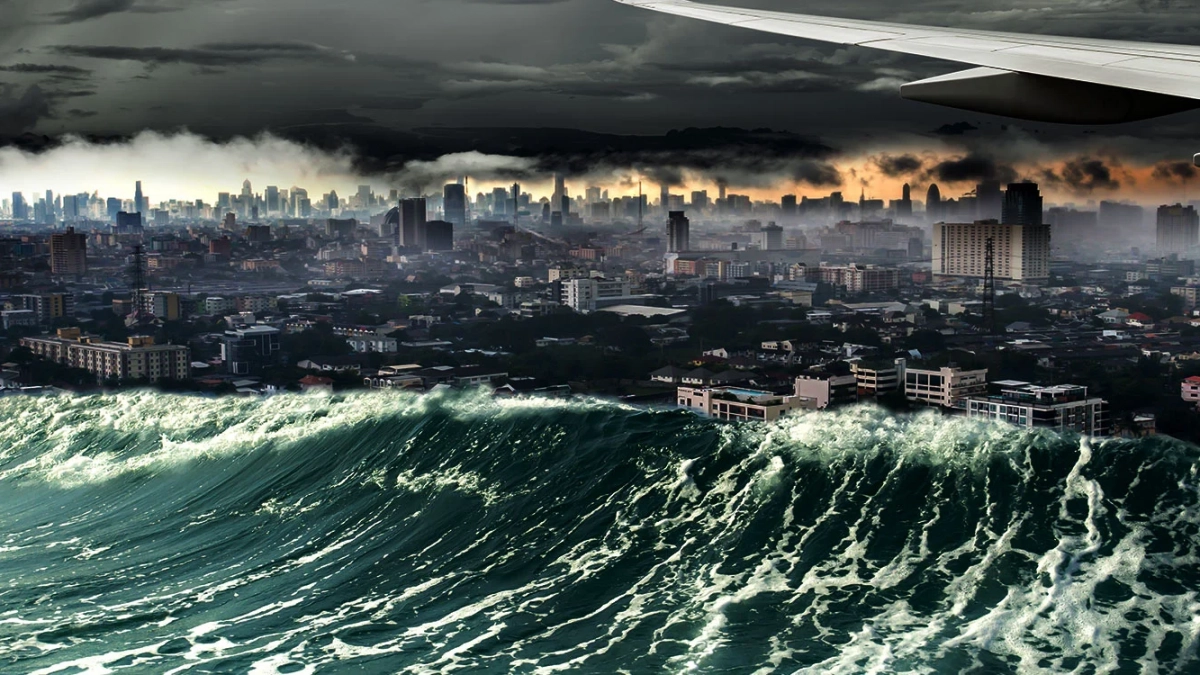New thinking on managing companies, new thinking on leading and managing people, and implementing innovative technologies should be studied for suitability and implemented thoughtfully by companies so that it does not fix a problem that never needed to be fixed.
Succeeding by going against instinct and fear
In an economic downturn, the first step nearly every company undertakes is an operational and manpower downsizing and withdrawing from some markets.
The wrong kind of downsizing leads to a loss of talent, damages the corporate culture, damages the trust in the company’s leadership and loses you your key customer and supplier relationships.
All of the things that are expensive or impossible to rebuild later on.
Eventually, the recession will end. Have you worked out a map to move from recession to recovery.
The question smart companies are asking themselves is ‘How do we build a much better company?’
Smart companies go against the tide and do the exact opposite.
They analyze the situation and capture the grounds their rivals retreat from, by hiring the best talent, improving their internal processes, realigning their markets, and redesigning their services, market approach and products and capturing and nurturing underserved customers and dissatisfied suppliers and searching for new market segments.
Original article appeared first on CORE-UAE.COM
Challenges of the 21st CENTURY – The Tsunamis hitting us – continuously
Even before COVID-19 came on the scene, we were already facing a massive change to our way of life and business, but COVID-19 caused a great pause and a re-set of our world.
Here is a list of events that are casing or going to cause a major change to our economies and our lives for the better or worse.
If we do not adapt, we will be irrelevant. The below is a small list of the disruptions we face today.
- COVID-19 related impact on all things.
- COVID-19’s impact on mental health, family ties, business, and job markets
- Artificial Intelligence – our lives will start being increasingly be managed by AI and at times with no ability of a human to override,
- Internet of Things,
- 5G and 6G.
- E-commerce,
- Drones and robotics,
- Blockchain and Digital coins,
- Greater data integration between Government departments, banks and across countries,
- Higher requirement for information sharing, checks and balances on the integrity of that information.
- An international company could destroy a local business.
- Governments adapting digital transformation.
- Mobile/app-based business.
- Mobile banking.
- Mobile based education – education on the fly (assisted self-learning).
- Faster and viral customer feedback – reputational damage.
- Asymmetrical warfare.
- Cyber-attacks and cyber blackmail.
- Digital fraud – Crypto traders vanishing with fiat currency. Customers left with virtual currency.
- Disruption to banking and finance – more digital, less human.
- Telecommuting, self-teaching, telemedicine; redefining office, education, and medicine.
- Virtual businesses – the gig economy.
- Data cloud.
- Climate change – both natural readjustment to our industrialization, leading to water and heat levels rising in some places and falling in others. Damages and disruption.
- Shortage of critical elements for microchips.
- Transfer of wealth.
- Greater unemployment.
- Greater government support needed to restart the economies
- Intellectual laziness driven by social media sound bites.
“It is not the strongest of the species that survives, nor the most intelligent, but the one most responsive to change.” Charles Darwin
For Businesses – this means to evolve, prepare to reinvent internally, and change as soon as the market forces that change. All industries will not change rapidly – but they WILL change eventually, and some will vanish completely.
The call is for MORE cooperation rather than competition – at least until most of the world is back on its feet – then back to the good old days of fierce competition.
Original article appeared first on CORE-UAE.COM
Unpredictable Economics Times
A threat or an opportunity to redesign.
It depends on how well you adapt to the new business environment.
It is always easy to adjust to an environment of free spending and growth, but when the economy makes a U-turn, the rules of the game change.
The new reality requires us to change the way we plan, do, and achieve. COVID-19, has left us with no choice.
The global crisis has changed the rules of business as we know it. If we are expecting to return to the good days of pre-2008 or the 2013 to 2015 period anytime soon, then we are going to be disappointed.
The good news is that opportunities exists, but in different forms.
Those who analyze the situation correctly, adapt their strategy and tactics will emerge much stronger in the next few years.
In the Middle East, there has always been a shortage of talent and every company, at best, has only a handful of stars performers.
The question now is how to strategize and best retain and enable these stars to perform in a challenging environment is one of the keys to success.
Great companies are not built by committees and compromised decisions. They are not as always built on business plans and projections; they are built by dreamers and believers with a passion to pursue an idea and gather the people and resources around them to make it a reality.
Original article appeared first on CORE-UAE.COM




